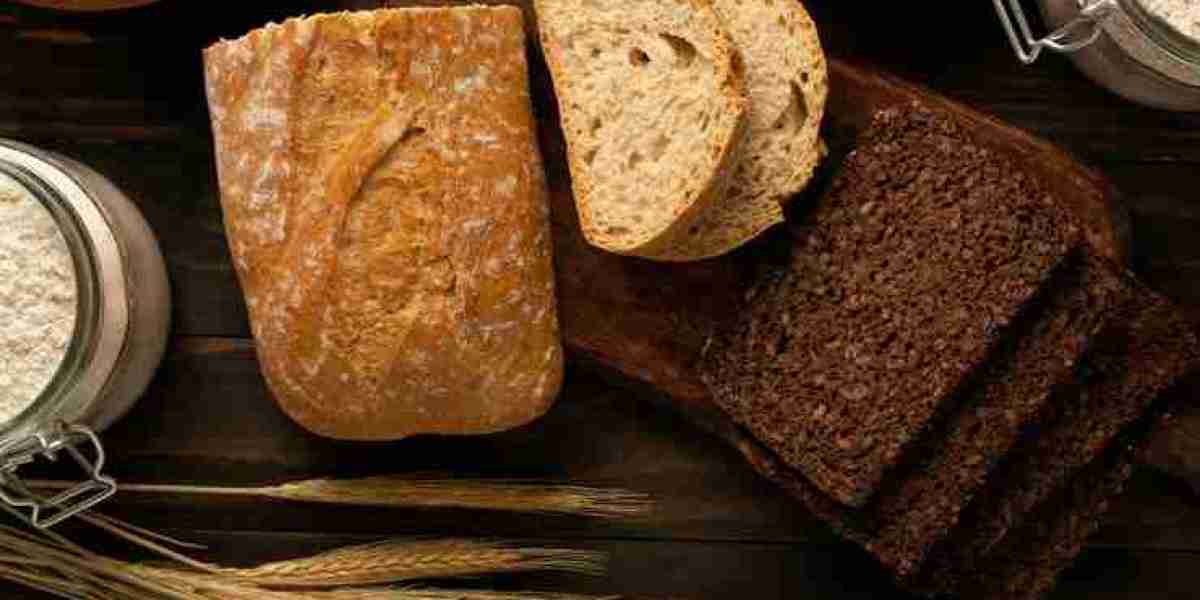Introduction to Gluten-Free Living
What Does “Gluten-Free” Really Mean?
“Gluten-Free Recipes” aren’t just a buzzword—it’s a crucial dietary requirement for millions of people worldwide. So, what exactly does it mean? Simply put, gluten is a protein found in wheat, barley, and rye. A gluten-free diet eliminates these grains and any foods made from them.
Gluten is the stuff that gives bread its chewy texture and helps dough rise. Unfortunately, for those with celiac disease, gluten sensitivity, or wheat allergies, even tiny amounts can trigger serious health issues. Celiac disease, an autoimmune disorder, causes the body to attack its own small intestine when gluten is consumed. This can lead to malnutrition, fatigue, digestive problems, and even neurological symptoms.
But the need for a gluten-free diet isn’t limited to celiac patients. Many people without a formal diagnosis find that ditching gluten reduces bloating, clears up skin, improves energy, and alleviates joint pain. This has led to the rise of gluten-free diets as a wellness trend.
It’s important to know that “gluten-free” doesn’t automatically mean “healthy.” Plenty of processed snacks and desserts are technically gluten-free but still full of sugar and additives. The goal is to build a balanced gluten-free diet based on whole foods—fruits, vegetables, legumes, meats, and naturally gluten-free grains like rice, quinoa, and millet.
Whether you're medically required to avoid gluten or simply exploring new dietary options, understanding the basics is the first step toward successful gluten-free living.
Who Needs a Gluten-Free Diet?
You might wonder: “Is gluten-free for everyone?” While it’s become trendy, the truth is that only specific groups truly need to avoid gluten for health reasons.
First and foremost are people with celiac disease, which affects about 1% of the population. For them, gluten damages the small intestine and can lead to long-term health complications. Even the tiniest crumb can trigger symptoms ranging from diarrhea and fatigue to migraines and infertility.
Then there’s non-celiac gluten sensitivity, which is harder to diagnose. People in this group don’t test positive for celiac but still experience unpleasant symptoms like bloating, brain fog, and joint pain after eating gluten. The science is still emerging, but many report significant improvements on a gluten-free diet.
Wheat allergy is another condition that warrants a gluten-free diet, although it’s technically the wheat—not the gluten—that triggers an immune reaction. This can lead to rashes, breathing problems, or even anaphylaxis in severe cases.
And then there are individuals with autoimmune conditions or inflammatory issues, such as Hashimoto’s thyroiditis, psoriasis, or arthritis. Some find that eliminating gluten helps reduce flare-ups and supports overall wellness, even without a specific diagnosis.
Still, it's not necessary for everyone to go gluten-free. Whole wheat and other gluten-containing grains can be nutritious for people who tolerate them. However, for those with medical conditions—or those just experimenting to feel better—cutting out gluten can be life-changing.
Benefits of Going Gluten-Free
So, what happens when you ditch gluten? For those who need it, the benefits can be profound and far-reaching.
One of the most immediate changes is improved digestion. Many people report less bloating, fewer bathroom emergencies, and relief from chronic issues like IBS after removing gluten from their diets.
For people with celiac disease, a gluten-free diet is essential for healing the gut lining and preventing further complications like osteoporosis, infertility, and even certain cancers. It’s not just a lifestyle choice—it’s a medical necessity.
There are also energy benefits. Gluten-sensitive individuals often feel more awake and less “foggy” without gluten. That’s because undiagnosed gluten intolerance can lead to poor nutrient absorption and chronic fatigue.
Going gluten-free also encourages people to eat less processed food. Instead of reaching for a box of crackers or a frozen pizza, you’re more likely to cook fresh, whole meals. This naturally leads to a more nutrient-dense and health-supportive way of eating.
Some people also experience clearer skin, reduced joint pain, and even better mood stability. These benefits may stem from reduced inflammation and more balanced blood sugar levels, thanks to the elimination of high-carb, refined wheat products.








